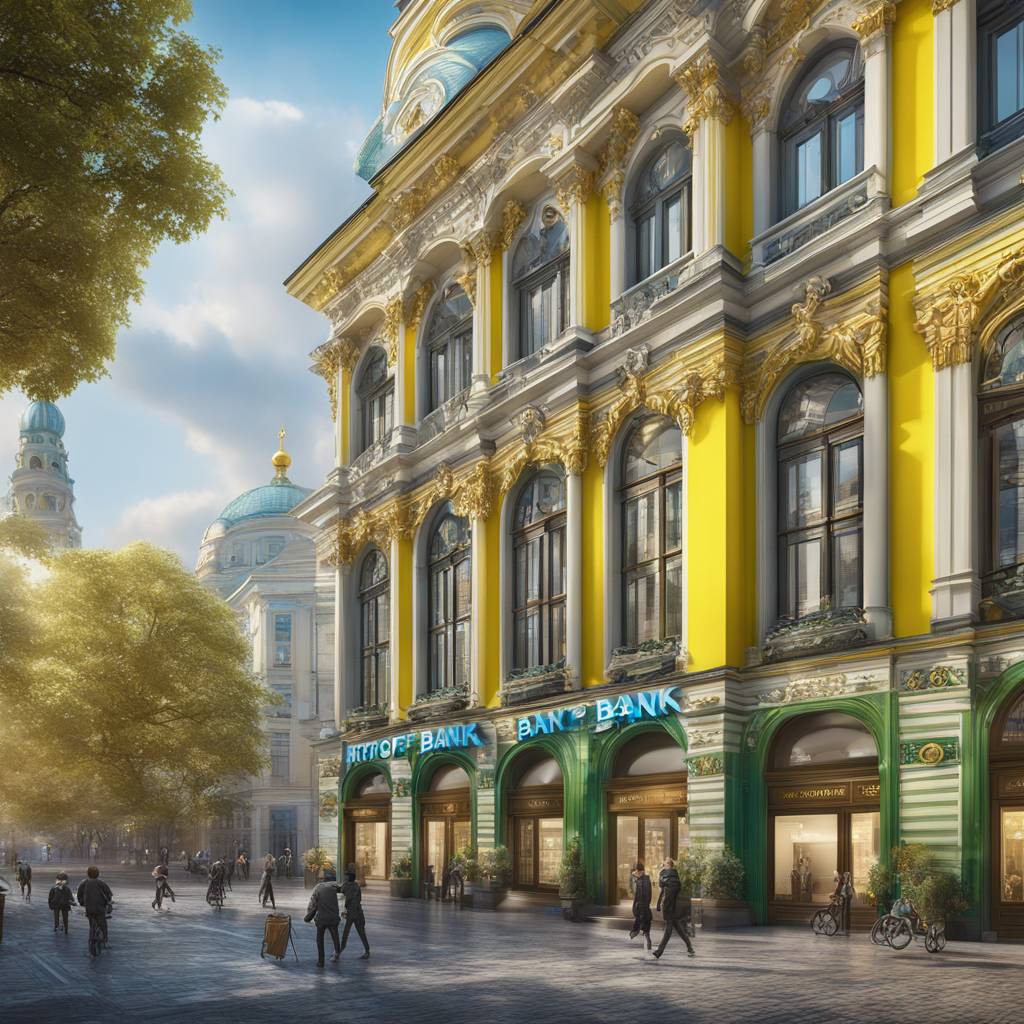Tinkoff Bank, a major player in the Russian banking sector, has recently been granted a license to issue and sell digital financial assets (DFAs) in the country. This approval comes after the Central Bank included Tinkoff in its list of approved DFA operators in March. The bank’s move follows a similar initiative by its biggest rival, Sberbank, which recently launched a DFA trading platform that may eventually offer access to NFTs to its customers. The Central Bank introduced its DFA register in February 2022 and granted approval to the Atomyze platform, which utilizes the Hyperledger Fabric blockchain protocol and is backed by a Russian metals mining giant, Norilsk Nickel.
In addition to Sberbank and Atomyze, the Central Bank has approved the DFA plans of six IT startups and Alfa-Bank, another major Russian bank. Tinkoff Bank has also invested in Atomyze and aims to capitalize on this relationship as it enters the DFA market. A Tinkoff Bank spokesperson stated that the institution sees significant potential in the DFA market and plans to conduct experiments with these assets to create new products. The bank believes that DFAs will expand the range of financial instruments available in the Russian market and democratize access to capital markets for a wider range of consumers.
The term DFA has had different connotations in Russia, previously being associated with cryptoassets like Bitcoin but now referring to blockchain-powered coins such as digital securities, digital bonds, and tokenized real estate assets. Politicians have also used the term to describe central bank digital currencies (CBDCs), including the digital ruble project. President Vladimir Putin signed a law allowing Russian firms to use DFAs as a payment tool, indicating government support for the domestic DFA market. The country’s largest banking union has established a digital assets council, and senior lawmakers have expressed support for the growth of the DFA market in Russia.
Overall, Tinkoff Bank’s entry into the DFA market aligns with a broader trend in Russia’s financial sector, where major banks and startups are seeking to leverage blockchain technology to offer new digital financial products. The Central Bank’s approval of multiple DFA operators, including Tinkoff, Sberbank, and Alfa-Bank, indicates a growing acceptance and regulatory framework for these assets. With the potential to democratize access to capital markets and expand the range of financial instruments available to consumers, DFAs are poised to play a significant role in shaping the future of the Russian financial landscape. As more players enter the market and experiment with new products, the DFA market in Russia is set for further growth and innovation in the coming years.













